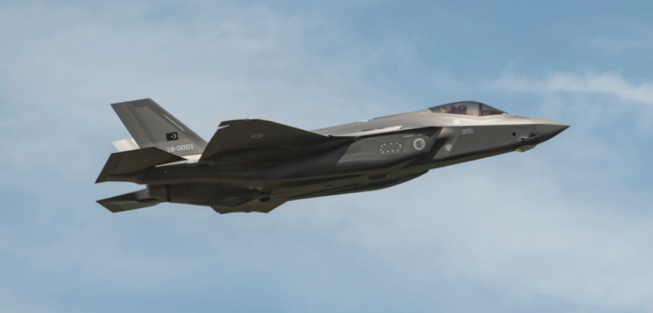President Donald Trump’s administration announced in mid-July that the United States was removing Turkey from its F-35 fighter program after Turkey received its first shipment of the Russian-made S-400 air defense system. The U.S. decision will prevent Turkey from taking delivery of any of the 100-plus F-35s it had planned to buy. What’s more, the White House’s decision also removes Turkish contractors from the F-35’s production chain.
Turkey was also slated to host a maintenance base where Middle Eastern countries that had F-35 fleets could get their planes serviced. This plan was also canceled. It’s estimated the Trump administration’s move will cost the United States $500 million. As for Turkey, it already has paid more than $1 billion toward its planned purchase of the F-35, money it may not get back.
Playing for Time?
By taking delivery of the S-400, Turkey not only appears to have disrupted the F-35’s supply and manufacturing chain, but it also lost its ability to add the next generation of fighter aircraft to its air force inventory on a revenue-neutral basis: Income derived from servicing F-35s from countries such as Israel would have canceled out the purchase cost of Turkey’s own F-35s. And in a broader perspective, Turkey has chosen to purchase a tactical weapon — the S-400 — that may provide a modicum of security under a limited set of circumstances over acquiring the F-35, which would have given Turkey’s air force regional dominance.
At this point, it remains unclear what Turkey’s procurement options are. Its F-16 fighters are aging and its fleet of F-4 and F-5 fighter-bombers is obsolete (with several units crashing in the past few years). Immediately beginning with the delivery of S-400 components in mid-July, Russia began to broadcast its readiness to begin discussions with Turkey about the sale of Russian fighters.
Read more HERE
Ask me anything
Explore related questions





